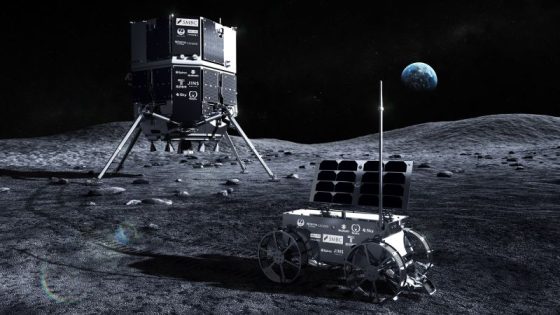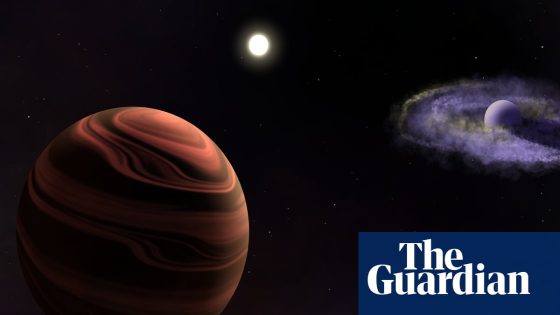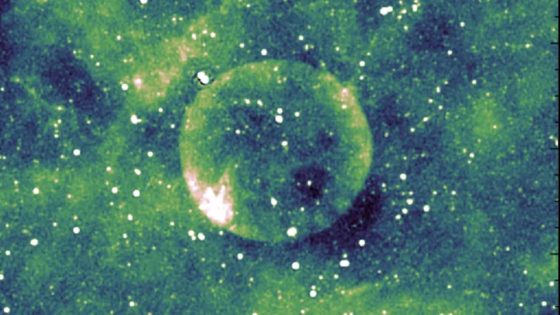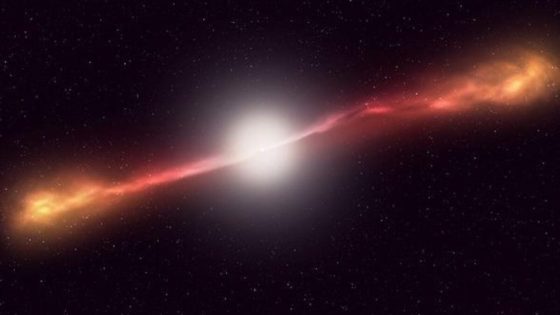The fate of the universe has long intrigued humanity, with recent studies suggesting a timeline for the end of the universe that may be sooner than previously thought. Theoretical astrophysicist Heino Falcke from Radboud University has led groundbreaking research indicating that instead of lasting for 101,100 years, the universe might face its final moments in about 10^78 years. This revelation, published on 2025-06-11 00:49:00, reshapes our understanding of cosmic longevity.
- Universe's fate predicted to arrive sooner
- New estimate: 10^78 years for end
- White dwarfs and neutron stars decay
- Hawking radiation affects dense stellar remnants
- Cosmic transformations outlast civilizations
- Study raises questions on future existence
Falcke’s team explored scenarios where even the most resilient cosmic bodies, like white dwarfs and neutron stars, gradually lose energy through quantum decay. This shift in perspective raises questions about how we define the universe’s end and what remnants may linger.
This new timeline prompts US to consider the implications of cosmic decay on stellar bodies. Are we prepared for the eventual fading of all celestial objects? The findings suggest:
- White dwarfs and neutron stars will slowly lose mass through quantum effects.
- Black holes, once thought to be eternal, may also face eventual decay.
- The end of the universe is still unimaginably distant, yet closer than we believed.
As we delve deeper into the mysteries of the universe, this study encourages further exploration into the nature of cosmic decay and the potential for new discoveries about our universe’s fate.

































